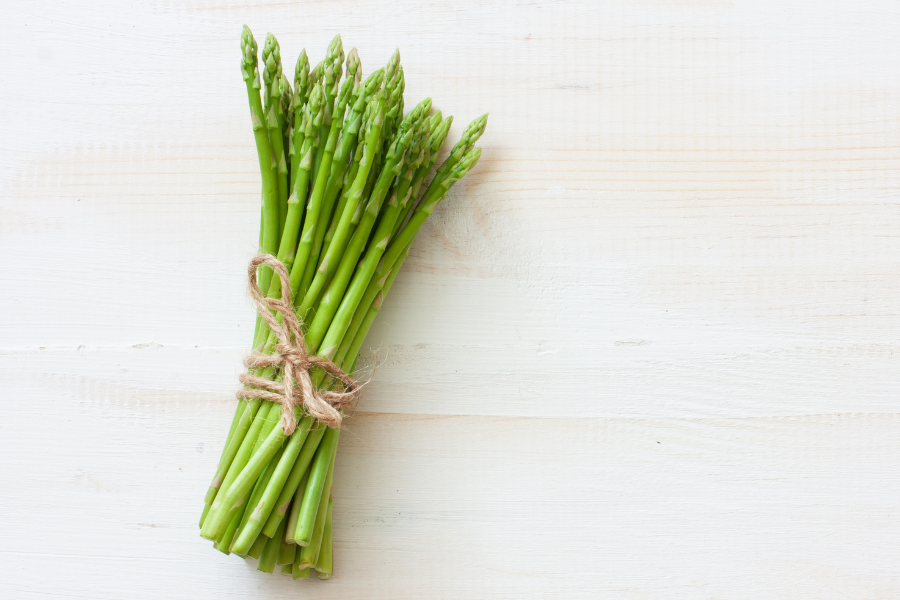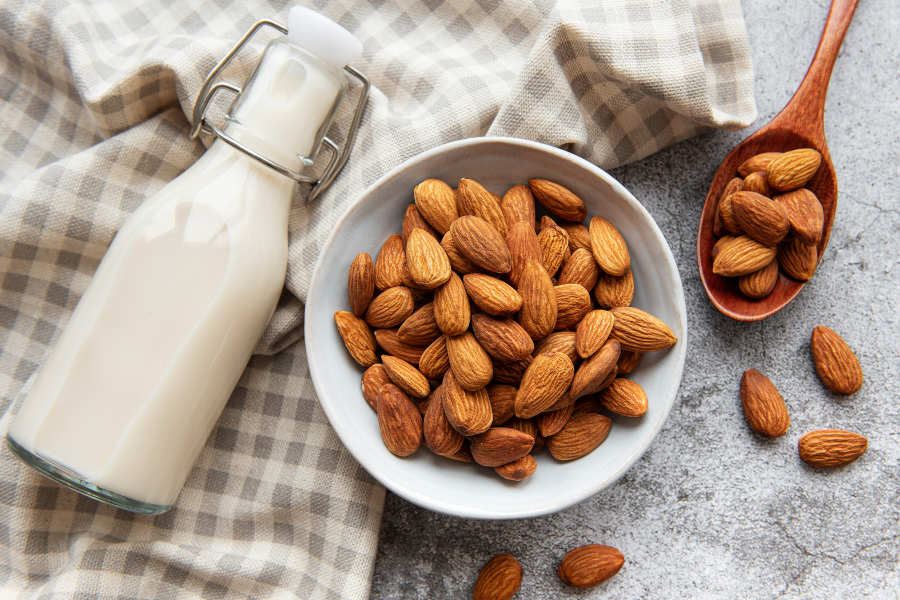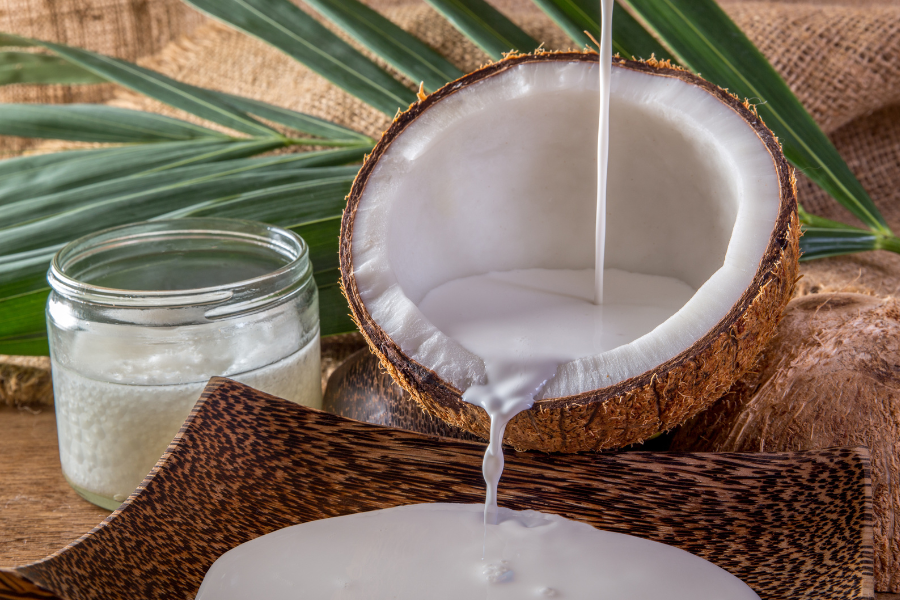In the realm of human food, asparagus is kind of a rockstar veggie, making guest appearances on fancy dinner plates and in wellness bowls alike. But turn the throne room of the food kingdom to the dogs, and things get a bit waggy. The question lurking on the periphery of many pup parents' minds is whether asparagus is just a human's delight or if our four-legged friends can join the green party. Here's the long and short of it.
Key Takeaways:
- Asparagus is safe for most dogs in moderation.
- Asparagus may be a choking hazard, and could also be a stomach irritant for dogs.
- There are plenty of other healthier treats available besides asparagus.
Unleashing the Goodness: The Benefits of Asparagus
The Low-Cal & Nutrient-High Superstar
It's a fact. Asparagus is a nutritional juggernaut, packing a punch of vitamins, minerals, and antioxidants. In every crunchy spear, you'll find a trove of Vitamin K, Vitamin E, and Folate. These are all necessary players in the gamut of bodily functions that keep our furry friends in top-notch form.
The Garden Pea's Disguise: High Fiber Friend
Who doesn't appreciate a little extra fiber in their diet? Fiber keeps the digestive tract running on time, reduces the risk of constipation, and can help with weight management by keeping those hunger pangs at bay. Asparagus? A splendid source of fiber!
Tinkling Clear with a Diuretic Edge
When fresh asparagus enters the bladder, it becomes a diuretic, which simply means that it encourages more frequent bathroom breaks. More tinkle time can equate to reduced water retention and helps to keep things moving in the urinary department.
The Bloopers and Blunders of Doggie Diving into Greens
The Teleporting Spear: Choking Hazard Alert
Just when you think it's safe to turn your back on your plate, WHAM! A well-intentioned asparagus spear finds its way into a vigilant pup's mouth. The threat of choking and the possibility of the spear getting lodged in your dog's throat are no tall tales.
Belly Issues
Introduce your dog to asparagus, and you might have to brace yourself for the potential odorous outcome. The unique combination of fiber and certain compounds in asparagus can lead to gas.
Unwrapping the Toxicity Mystery
The root of the green debate lies in the question of possible toxicity. While asparagus isn't a go-to poison for doggy dark-ops, there have been reports that the sapogenins, a class of chemical compounds found in asparagus, could be stomach irritants. Not all dogs may be affected, but it's a consideration for those with sensitive digestive tracts.
Final Thoughts: To Munch or Not to Munch? Is Asparagus Good for Dogs?
Laying all the cards on the table, asparagus can be safely enjoyed by most dogs. However, moderation is key, and like any change to their diet, should be introduced gradually. The occasional spear of asparagus offers a plethora of health benefits, but it also comes with its own caveats. Always consult your vet if you're making any significant changes to your dog's diet. And remember, not every dog will tip their noses up at asparagus, but for the ones who do, there are plenty of other healthy treats available.
FAQ
Why can't dogs eat asparagus?
Hold up, dog parents! Dogs can actually eat asparagus, but there's a catch. The raw, hard stalks could be a choking hazard, and the fiber might lead to a toot orchestra. Just steam it lightly and serve it in moderation, and your pup can enjoy this green treat.
What vegetables can dogs not eat?
Alright, so there are a few no-nos when it comes to dogs and veggies. Definitely keep onions, garlic, and chives off their plates, as these can lead to some serious health issues. Grapes and raisins (though not vegetables) are another big veto—they can cause kidney problems. Also, steer clear of mushrooms just to be on the safe side.
Why do dogs not like asparagus?
Not all pups are down with asparagus, and that's okay. Maybe it's the texture or the unfamiliar flavor – imagine trying a totally new food for the first time. And some dogs might find the after-effects (like that funky smell in their pee) a bit off-putting.
What are the best vegetables for dogs?
Thinking of adding some greens to your doggo's diet? You're in luck! Sweet potatoes are a hit for their fiber and vitamins. Carrots are fabulous for a crunchy treat that's great for their teeth. Pumpkin is another winner, packed with fiber and beta-carotene. And don't forget peas — frozen or fresh — for a good source of protein. Always chop them up into bite-sized pieces to avoid any choking hazards.
Remember, pals, veggies should only be a small part of your dog's diet but they can add a nice variety and a health boost. Consult with your vet if you're thinking of changing things up. Happy munching!



